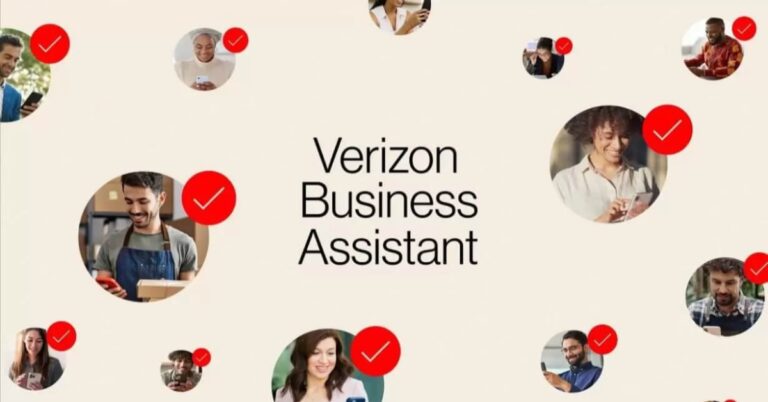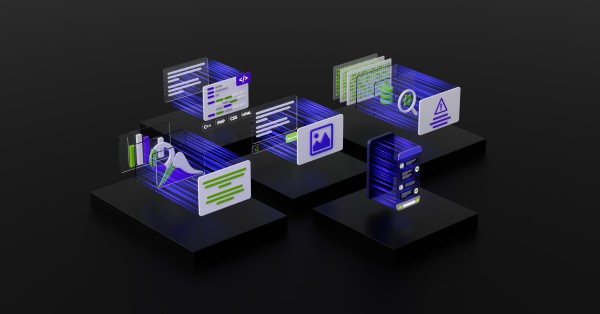Verizon Business has unveiled the Verizon Business Assistant, an AI-powered tool designed to help small businesses streamline customer interactions. Using Generative AI (GenAI), this solution enables businesses to automate responses via text messaging, offering 24/7 support and improving efficiency.
According to Verizon Business’ Annual State of Small Business Report, small business owners increasingly seek AI-driven solutions to optimize operations and strengthen customer relationships. The Verizon Business Assistant helps meet this need by delivering instant responses, learning from interactions, and seamlessly transferring complex inquiries to human representatives when required.
How Verizon’s AI Business Assistant Automates Customer Communication
The AI assistant is built to simplify customer communication through automated messaging. Here’s how it functions:
- When a customer texts a bakery to ask about gluten-free options, the AI assistant provides an instant response.
- If the system lacks a specific answer, it directs the query to a live team member.
- Over time, the AI refines its responses by learning from previous conversations.
By reducing manual effort, AI-driven automation allows businesses to focus on core operations while ensuring prompt and accurate replies to customer questions.
Key Benefits of AI-Powered Customer Support for Small Businesses
The Verizon Business Assistant offers small businesses a way to:
- Save time by handling routine customer inquiries automatically.
- Enhance customer service through round-the-clock messaging support.
- Improve engagement by offering a quick and convenient way to communicate.
- Analyze customer trends using interaction data.
Key Features of Verizon’s AI Solution for Small Businesses
- Instant Responses: Answers common customer questions immediately, freeing up staff for other tasks.
- Live Support Handoff: Transfers complex inquiries to a human team member when necessary.
- Adaptive Learning: Improves accuracy with continued interactions.
- Text-Based Communication: Uses SMS/MMS for easy customer engagement.
- Customer Insights Dashboard: Provides analytics on customer queries and engagement patterns.
- Effortless Integration: Works with existing Verizon mobile devices and requires no additional equipment.
- Customizable Setup: Allows businesses to train the AI to handle specific queries.
Verizon’s Commitment to AI in Small Business Solutions
“Small business owners juggle multiple tasks and need technology solutions that enhance efficiency and customer engagement,” said Iris Meijer, Chief Product & Marketing Officer at Verizon Business. “Access to AI tools designed for small businesses has been limited, and we want to change that. The Verizon Business Assistant empowers businesses to automate interactions while maintaining a personal connection with their customers.”
She also highlighted the growing preference among younger consumers for digital-first interactions, emphasizing that AI-driven messaging enables small businesses to provide seamless customer experiences.
How AI is Reshaping Customer Service for Small Businesses
The integration of AI automation in customer service is helping small businesses compete with larger enterprises by improving response times and engagement. The Verizon Business Assistant simplifies customer interactions, allowing businesses to operate more efficiently while maintaining high-quality service.
For more details on how Verizon Business supports small enterprises, visit Small Business Solutions.





























